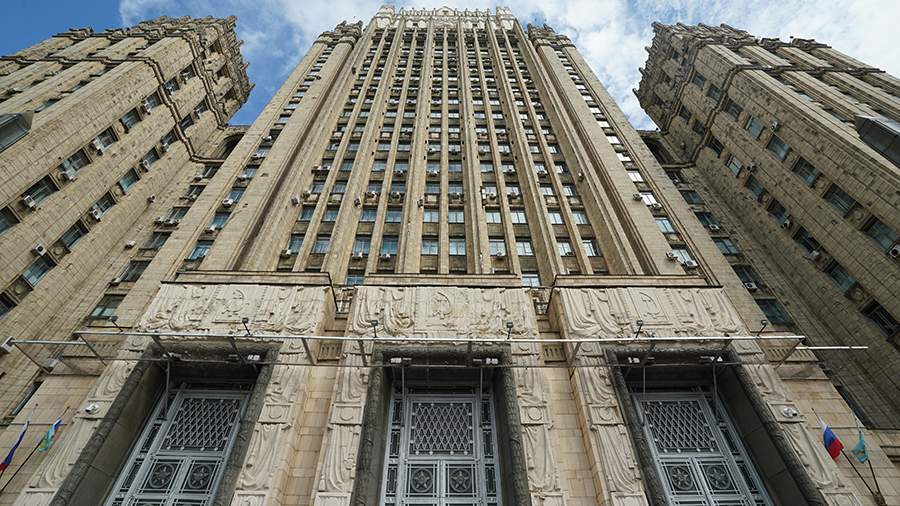The Russian Foreign Ministry suggested normalizing the situation in Syria through inclusive dialogue
- Новости
- World
- The Russian Foreign Ministry suggested normalizing the situation in Syria through inclusive dialogue

The Russian Foreign Ministry said that the situation in Syria should be normalized through an inclusive inter-Syrian dialogue. The corresponding statement was published on December 16 on the website of the ministry.
"The way to sustainable normalization of the situation in the Syrian Arab Republic lies through the launch of an inclusive inter-Syrian dialogue aimed at achieving national consensus and promoting a comprehensive process of political settlement in accordance with the basic principles laid down in the UN Security Council resolution," the ministry specified.
The ministry noted that the country is home to representatives of two confessions - Muslims and Christians. The Foreign Ministry expressed hope that "Syria will continue to be a homeland for all its citizens regardless of their confessional affiliation".
The statement also specified that Russia is actively following the development of the situation in the SAR after the transfer of a large part of the territory under the control of an alliance of armed groups.
"We note the statements of representatives of the new authorities about their intention to contribute to the establishment of the functioning of the state apparatus, maintenance of order and security, resolute suppression of criminal elements, prevention of extrajudicial massacres," the ministry added.
In addition, the Foreign Ministry emphasized the importance of the Syrians themselves to determine the future of the country and expressed confidence that "the relations of friendship and mutual respect that have been established between the peoples of our countries over the previous decades will continue to develop constructively".
Earlier in the day, former Syrian President Bashar al-Assad announced that he had no intention of resigning, but left the country when government army positions fell. Assad noted that he moved to the province of Latakia when the opposition forces penetrated into Damascus.
Prior to that, on December 8, the Russian Foreign Ministry said that Syrian President Bashar al-Assad, after negotiations with the opposition, left the post of head of state and left the country, instructing to carry out the transfer of power peacefully. Kremlin spokesman Dmitry Peskov said Assad's departure from the presidency was his personal decision.
On the same day, Syria's national coalition of revolutionary and opposition forces said it was working to form a transitional authority.
Against this backdrop, the IDF announced the deployment of forces along the Syrian border to ensure the safety of Golan Heights communities and Israeli citizens. Israeli Prime Minister Benjamin Netanyahu said that the demarcation agreement with Syria has been terminated due to the withdrawal of Syrian troops. Later it was reported that the Israeli military took control of Mount Hermon.
The situation in Syria escalated as a result of a major attack by armed formations in Aleppo and Idlib, which began on November 28 and led to the Syrian army's retaliation against the militants.
Переведено сервисом «Яндекс Переводчик»

